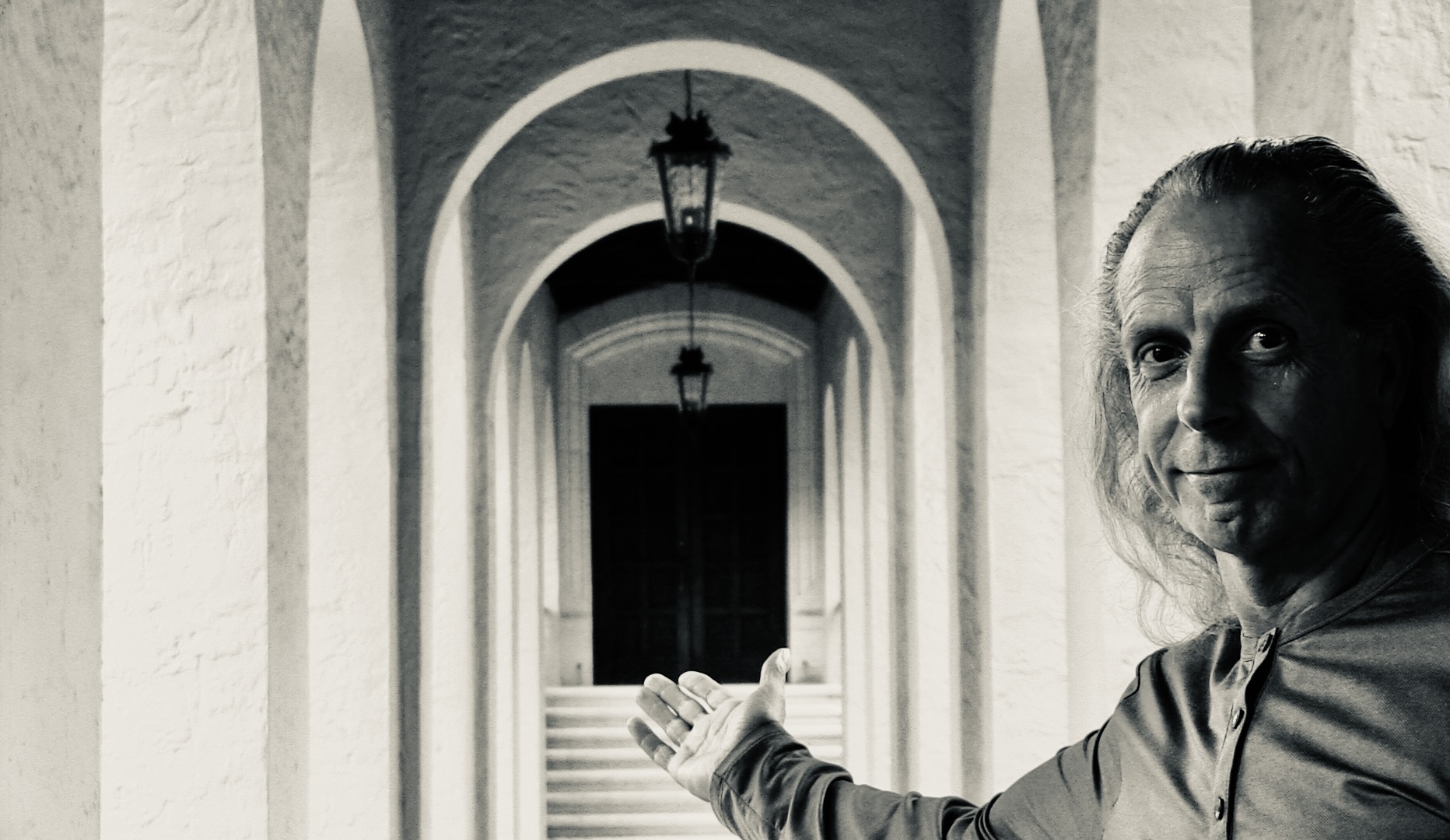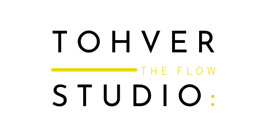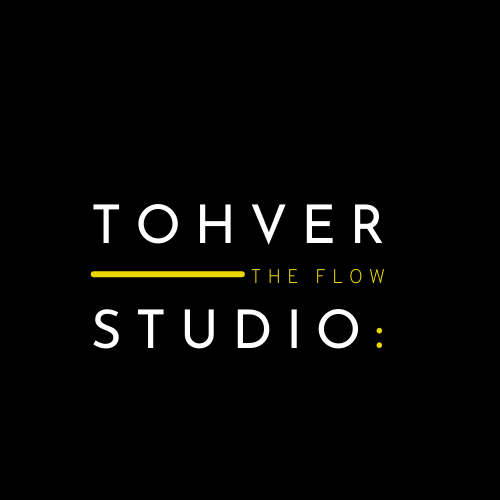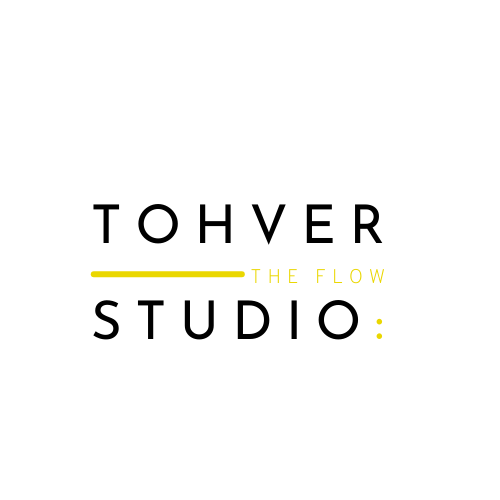Why Be Afraid of Fear?
Zero Zone Praxis as Self-Cultivation Practice. Tamur Tohver, PhD
Zero Zone praxis is a self-cultivation praxis that helps tackle ego-based conflicts during the rehearsal period in Performing Arts and avoid stage fright manifestations in the actor-director dyad. By practising ZZ praxis, a performer achieves a profound uninterrupted performing flow and moves to a higher level of consciousness in his performance. This creates a powerful contact with the spectator, and both receive an unforgettable experience from the show. Alongside the training, in the case of the production, an actor-director dyad employs here cultivating directing mode. In repeating rehearsal cycles, the director supports the actor to achieve extra strong concentration and helps them to create personal conviction of artistic truth. This makes their performance effectively intimate, talkative, robust and profound. Zero Zone praxis is an idiosyncratic practice which fuses Stanislavskian actor training and directing craft with the perceptual exercises from Yogic techniques and philosophical principles (Abhyasa and Vairagya, Yamas and Niyamas).
Zero Zone praxis was born because there is evidence that fear plays a crucial role in the performing arts.[1] Fear is the dominant component of stage fright, which leads to low creative potential and can significantly overshadow the relationship between the actor and the director. Stage fright extinguishes the expression of talent in different performance contexts (independent projects, undertaking a repertory season or in an established ensemble or in different genres: radio, TV, film), and the roots remain the same.[2] This research was designed to examine manifestations and causes of stage fright in the actor-director relationship to offer practical applications for making a series of interventions via the expansion of perceived comfort zones.
The primary method utilised for this study is Action Research[5] with a practical element of field research. Qualitative case studies were carried out in which the rehearsal process was revitalised through a cultivation practice entitled Zero Zone praxis, predicated upon exercises derived from Yoga.[7] Zero Zone praxis offers a methodological approach for the director, guiding them to enable actors to improve their performance and explaining the dynamics of performing flow and detachment. This contextual framework helps to foreground how actors and directors can avoid detrimental internal and interpersonal conflict.
The most significant findings to emerge from this current exploration is that acknowledging different forms of stage fright in the creative processes of the performing arts and sharing this understanding of the phenomenon between performer and director can turn this deleterious condition from a personal one to a shared obstacle which can be overcome through a daily praxis in which the director will consciously take on the role of a coach. This will establish a horizontal relationship in the actor/director dyad instead of a more traditional, authoritarian and hierarchical one.
[1] See Brennan, 2020; Arias, 2019; Robb, Due and Venning, 2018; Thomson and Jaque, 2017; Merlin, 2016; Maxwell, Seton & Szabo, 2015; Seton, 2010 and Konjin, 2000.
[2] Brennan, 2020; Arias, 2019; Merlin, 2016.
[5] First coined by Kurt Lewin 1946, in ‘Action Research and Minority Problems’: the partners/participants sift out suitable solutions together in daily practice. See also O’Brien, 1998; Sagor, 2005.
[7] ZZ praxis was tested in full production with the professional Polygon Theatre Company and through ongoing workshops with Polygon Theatre School students in Estonia during 2020.
You may develop your craft endlessly.
One day you'll be on top. How and where to for next?
Crafts are not enough.
You are enough.
Expand your Self.

Flow is a state of concentration so focused that it amounts to absolute absorption in an activity.
It is easy to reach one, an achievement is to stay in one.
Tamur's Flow
Zero Zone Praxis



